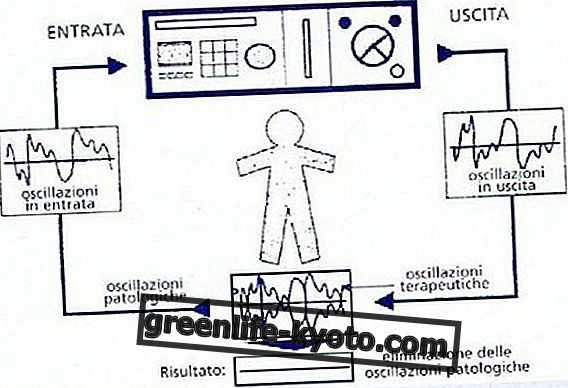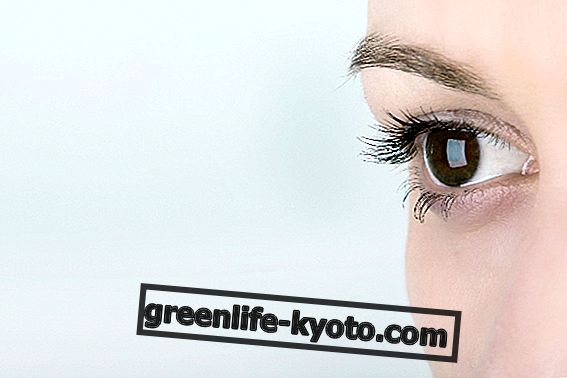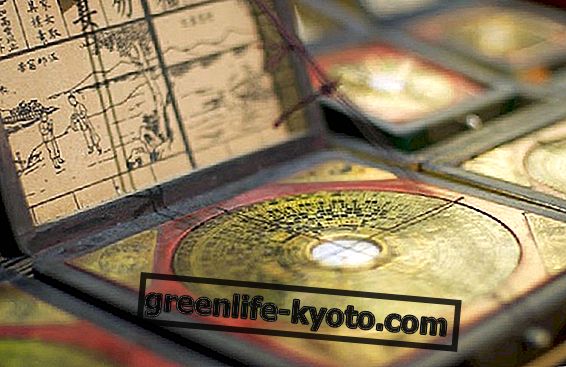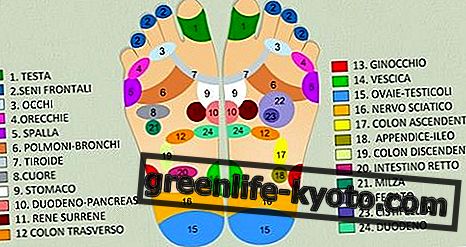
What is stress related work
According to the contents of Article 3 of the European Agreement of 8 October 2004, work-related stress is the "condition that can be accompanied by disorders or dysfunctions of a physical, psychological or social nature and is a consequence of the fact that some individuals do not they feel able to match the demands or expectations placed on them ".
Stress related work and the law
The National Network for the Prevention of Psychosocial Unease in the Workplaces established by ISPESL in 2007, has developed a methodological proposal for the assessment of stress risks related to work which is followed by the intervention of the Ministry of Labor which, with a circular letter 15 of November 18, 2010, announced the indications for the assessment of work-related stress - approved on November 17, 2010 by the Permanent Advisory Committee on Health and Safety at Work.
The evaluation is carried out by the employer who must avail himself of the collaboration of the Head of the Prevention and Protection Service, the competent doctor and the workers' safety representative . In some cases the staff (older workers etc.) or external experts (eg psychologist, labor sociologist) are involved.
There is a real path to carry out the assessment of work-related stress risk which includes information gathering, investigation, planning of interventions, implementation of the same, monitoring, verification and updating.
Stress is the brain's enemy
Risk factors
On the side of organizational culture we find poor communication, the difficulty in defining objectives and identifying responsibilities.
There is risk if there is uncertainty, blocking of career development, isolation of some workers or interpersonal conflict between them.
There is equally a risk in cases of conflicting demands between home and work, when it becomes difficult for the individual to manage family, domestic and those that are required at work. These with regard to the working context.
With regard to work contents, a lot of work and equipment is used (suitability, maintenance, repair), an organized task schedule with fatigue and disharmony and of course the flexibility of working hours.
Stress related work: tips to return to self-respect
Work ennobles. But there is a factor that is lurking in these times when the required productivity is at stellar levels. We are talking about stress.
Stress itself is not negative; increasing the management of the same through their skills and talents is something that is part of the path to natural well-being. How to know your limits, don't be afraid of them, leave them behind.
Another thing however is when external stimuli become excessive, needs grow excessively, requests increase with respect to the real ability of the individual to satisfy all the required criteria and the novelties are faced with difficulty and little care.
Stress, in itself, according to the definition given by the Austrian physiologist Hans Selyem in 1936, is a reaction of the organism to the demands placed upon it. But when this stressful process gets out of control, it opens the way to a deterioration of energies.
Those who do help professions like therapists, nurses, doctors, may have experienced this feeling of overload, impotence, maladjustment. These are all phases of burnout that can lead to negative attitudes, decline in negative satisfaction, reduction in the quality of personal life.
Tools such as yoga, tai chi chuan and meditation allow you to develop a vision close to detachment, to silence . And all with the true and ultimate purpose of knowing oneself. A great master once told me: "Whoever is in the mountains and suffers from vertigo certainly does not wait for someone who also suffers from vertigo".
If the therapist turns a person in great crisis such as crying, immediately remove the handkerchief and hug and comfort may not be the most constructive hypothesis. There is a risk of entering into a depotentising vortex in all aspects.
For his own health and that of those to whom he / she turns, a therapist should always keep the intuition alive, preserve his / her center, treasure the whole experience and go ahead first of all with great love towards oneself.
This even in moments when loving oneself seems impossible or too tiring. Returning to oneself means knowing how to value experiences, nurture one's "inner garden" through a rapprochement with one's own body, familiarization with specific herbs for stress.
To understand when in "stress management" you are "losing strokes", to really see the nature of the requests you are being asked, to hear if we are giving too much in return for less, you need to spend time with your thoughts and, if you find yourself that time, scratching it away from the daily hours, becomes a problem, then we should really start to ask ourselves some questions, suspend the answers and conserve energy to make a necessary change.
Take a break without fear of being fired, find the courage to talk about it with someone to whom we feel we can entrust an important feeling, review habits that weaken us or even on other fronts (motor, food), these are all first steps to recover from burnout.
A firm and luminous intention should develop . With the knowledge that everything changes and nothing ever remains the same. Including difficult situations.












